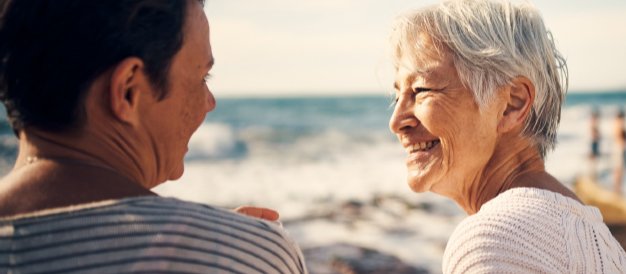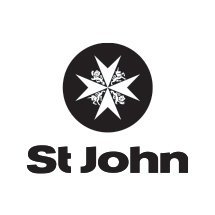For older people and frail people, the long-term benefit of medicines reduces and the potential for harm from adverse effects increases. When the benefit–risk balance changes in this way, medicine review and optimisation are important to simplify the therapeutic regimen, reduce inappropriate medicines and minimise risks. In this article, pharmacist prescriber Linda Bryant uses two case studies to illustrate important considerations during medicine reviews
The Importance of Supporting Seniors to Keep Their Independence
The Importance of Supporting Seniors to Keep Their Independence

The majority of seniors want to reside in their own homes for as long as possible, emphasising how highly they value their ability to live independently.1 Independence should not be undervalued as a significant contributor to seniors’ mental health and wellbeing. In fact, seniors rate loss of independence and moving out of home into an aged care facility as their greatest fears.1
Remaining in their own home allows older adults to preserve their independence and freedom, and hence sense of identity. Seniors living at home are able to retain their privacy and keep control over their lives. Maintaining a sense of control promotes feelings of purpose, achievement, and self-worth. And of course, living at home facilitates connection to family, friends, and the community, which is critical for social support.
The children of older adults also feel it is important that their aging parents are able to live at home.1 They fear for their parents’ quality of life if they have to move out of their home, being particularly concerned about how the loss of independence will affect their mental wellbeing.
Falls, cardiac events, and respiratory disorders are among the most common risk factors for those older adults who live independently, with falls and fall-related injuries being especially common among seniors. Around one in three aged 65 years or older living in the community experience a fall at least once a year.2 The risk increases to one in two for those aged 80 years or over. In 2018, more than 190,000 seniors aged 65 years or greater sustained injuries from falling, and two-thirds of all ACC claims for those aged 85 years or older were due to falls.3
A fall is a major health-related risk event that can lead to partial or complete loss of independence. As many as one-half of seniors admitted to the hospital for a fall-related injury are discharged to an aged care facility.2 Additionally, a prolonged period lying on the floor after a fall (i.e. long lie-time) has been linked to serious health outcomes in seniors and subsequent admissions to hospital and long-term care.4
Falls can also have a psychological consequence – fear of falling, which can lead to avoidance of activities, loss of strength, agility, and balance, further increasing the risk of future falls.
Seniors rate loss of independence and moving out of home into an aged care facility as their greatest fears.1
Research suggests that two-thirds of seniors are open to using assistive technologies that will enable them to live independently.1
As a healthcare professional you can support your senior patients to live independently at home and when in the community by referring them
for a St John Medical Alarm.
Medical alarms (personal emergency response systems) offer the potential for maintaining the wellbeing and independence of seniors living at home by enabling timely intervention in case of a health-related event such as a fall, cardiac event, or respiratory issue. Timely intervention is important for averting hospital admission and minimising the need for long-term institutional care.
Studies have demonstrated that medical alarm use can reduce mortality rates as well as hospital admissions and inpatient days in community-residing seniors,5,6 potentially reducing the likelihood of loss of independence.
While you cannot be there to protect your patients all of the time, seniors in your care are able to go home, and be and feel safe knowing they can access help 24/7 if they need it, with a St John Medical Alarm, giving them the peace of mind and confidence to live a full, independent life, and to stay at home for longer.
A St John Medical Alarm offers 24/7 response and is the only medical alarm that connects directly to St John. Your patients have access to a free trial of up to 14 days, and can be referred simply through your Practice Management System via Healthlink or ERMS.
For more information go to stjohnalarms.org.nz/hcp
1. Aging in place in America. Research Study. PositiveAging Sourcebook. 2018. https://www.retirementlivingsourcebook.com/articles/research-study-%E2%80%9Caging-in-place-in-america-%E2%80%9D%C2%9D
2. Soriano TA, et al. Clin Interv Aging. 2007;2(4):545-554.
3. ACC 2018. What’s tripping us up? How Kiwis are falling over. https://www.acc.co.nz/newsroom/stories/whats-tripping-us-up-how-kiwis-are-falling-over/
4. Fleming J. BMJ 2008;337:a2227.
5. Roush RE, et al. South Med J. 1995;88(9):917-22.
6. Bernstein M. Manag Care Q. 2000;8(1):38-43.


